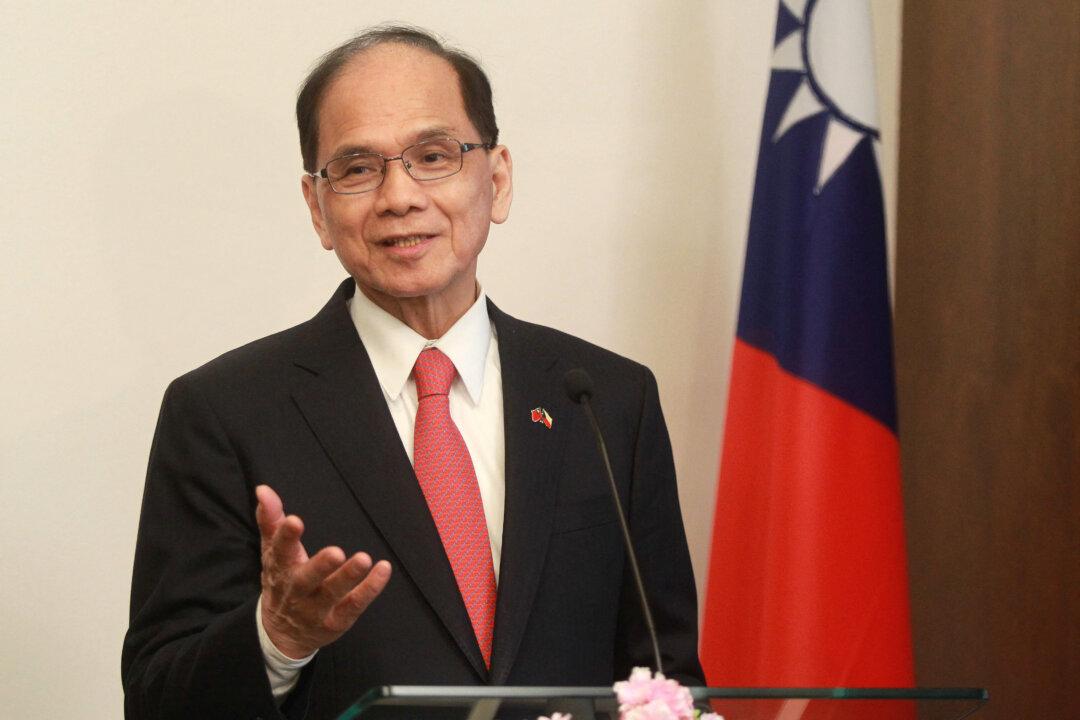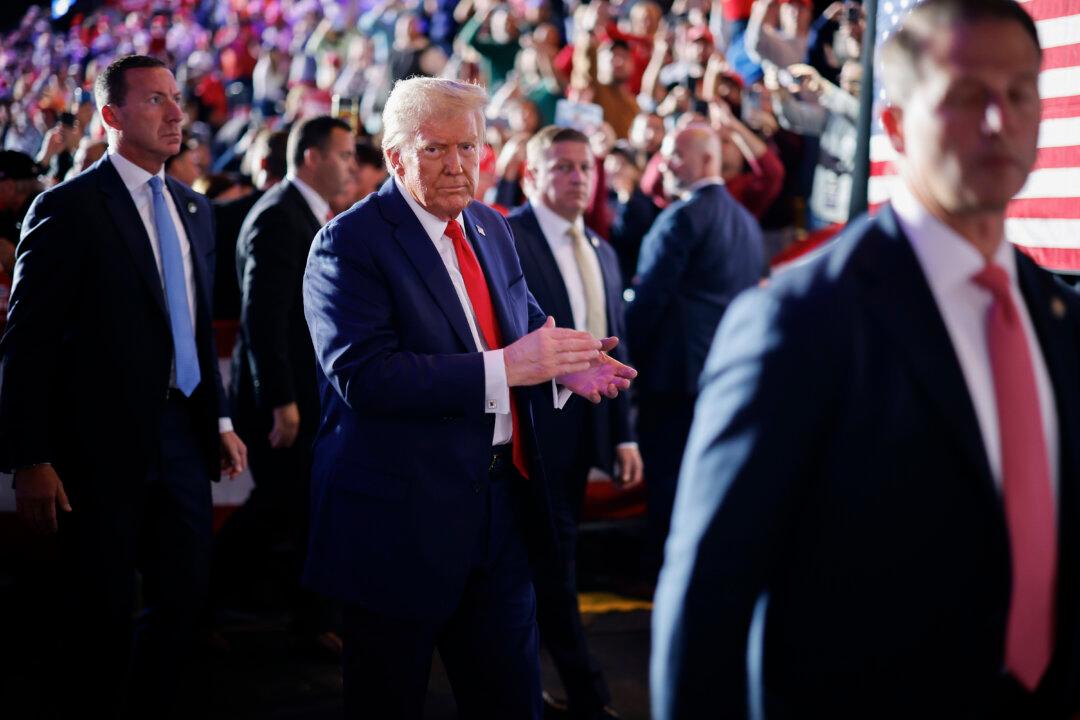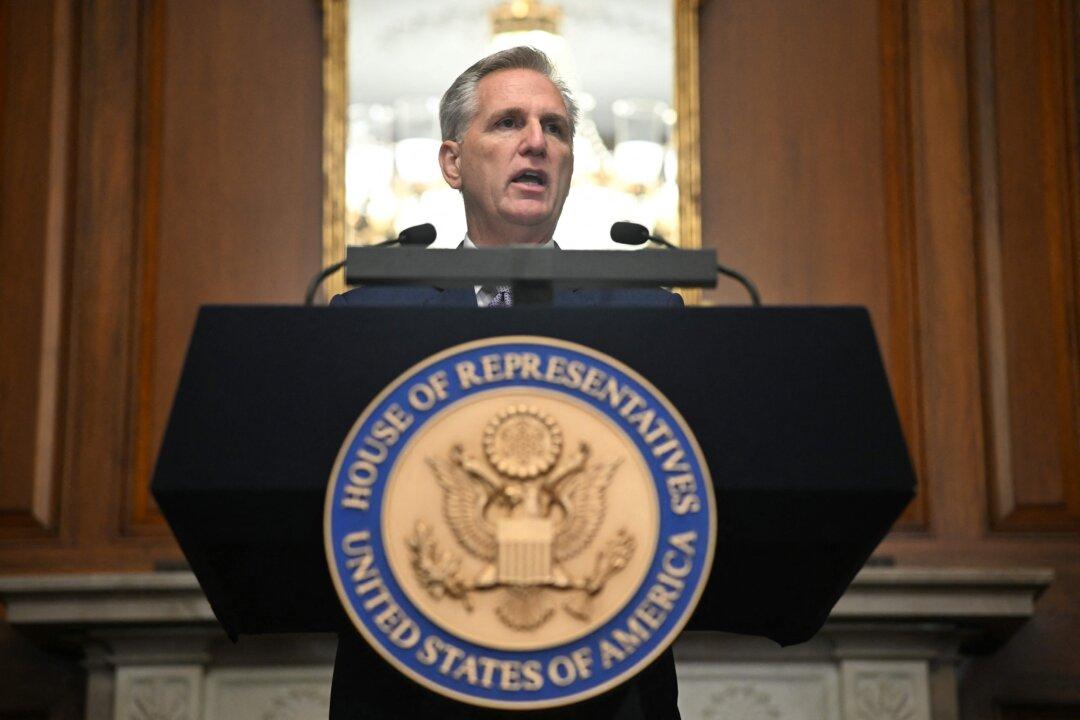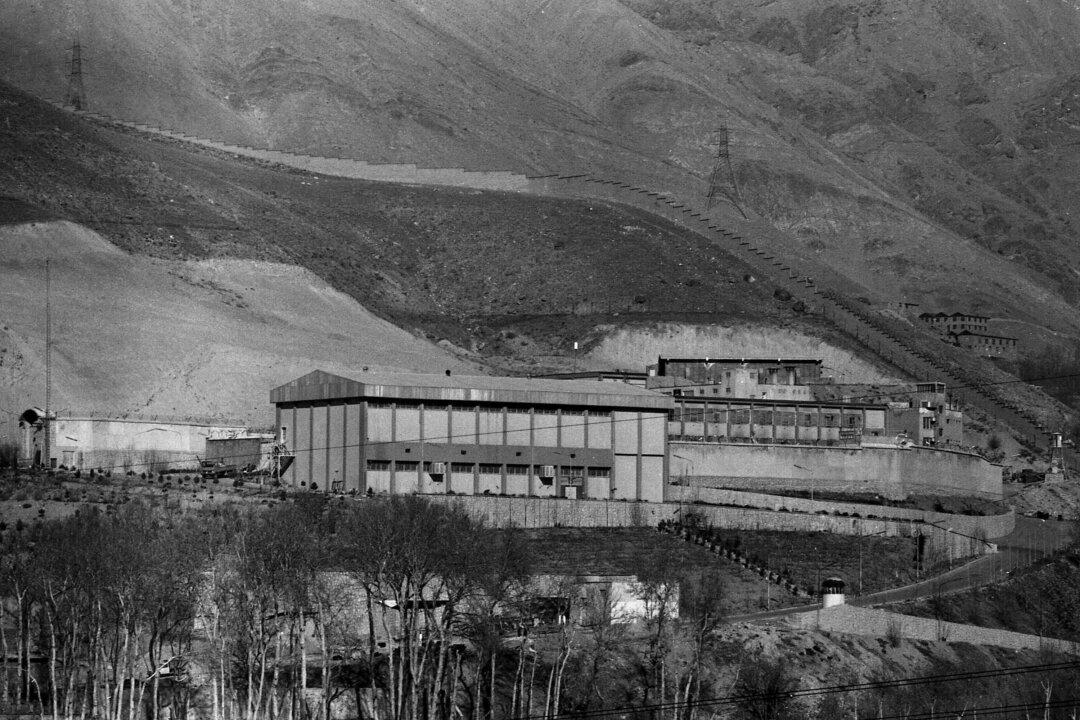Commentary
Taiwan’s top legislative leader, You Si-kun, is in Washington this week for meetings with top China critics in Congress, including former Speaker of the House Nancy Pelosi, as the Biden administration prepares a $500 million fast-tracked arms package for the island in the face of growing aggression from China.





